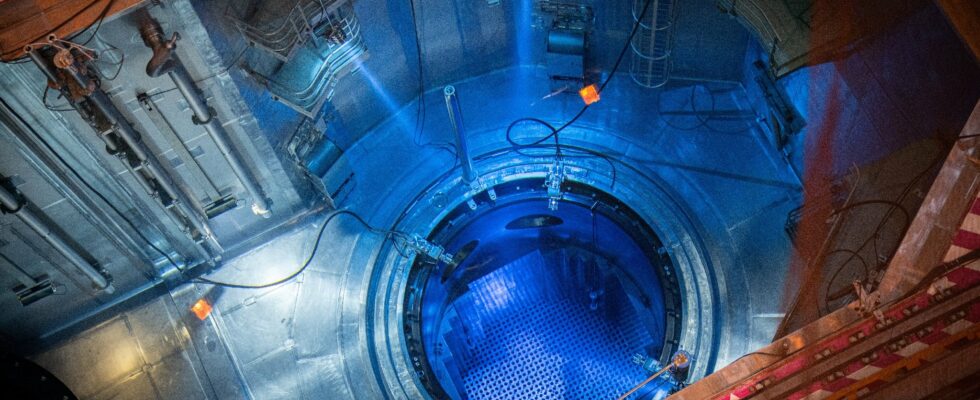On the sunny side, the imminent start-up of the Flamanville EPR and, this summer, the start of preparatory work for the major construction site of the two EPR2s in Penly. On the dark side, the victory of the left in the early legislative elections, whose program remained remarkably silent on the subject. On the one hand, a painful episode is coming to an end, that of isolated construction projects that everywhere have seen their schedules slip and their budgets explode. The nuclear industry can finally look ahead: the reality of a world where it is finally recognized by the governments of a growing number of countries, following scientists, that there will be no energy transition to low carbon without nuclear power. On the other hand, the ghosts of a not so distant past are resurfacing, as vigorously described in the cross-party report by MPs Armand and Schellenberger from 2022: a world where the weight and future of nuclear power are being scuttled in favor of coalition agreements between the Socialist Party and the only environmentalists in the past, now strengthened by the economic and industrial illiteracy of La France Insoumise. A nightmare scenario for a sector still traumatized by the lightness of a politician capable of sacrificing on the corner of a table one of the sectors where France can still speak of excellence and world ranking.
The terrible irony of the situation is that a left-wing government that were to take office today could simply apply existing law to implement an anti-nuclear program. There is no need to seek out an elusive majority in a Parliament that is largely in favor of nuclear power, since the energy policy for the coming years is, in the legal order, still governed by the multi-year energy program 2019-2028, by a decree adopted in 2020 that is still in force. A decree that provides for the closure of 14 reactors by 2035 and that makes the establishment of a dismantling sector the alpha and omega of French nuclear policy.
Breaking free from Kaa’s grip
Certainly, a new, radically different program, which aims at a massive development of nuclear power, was put out for consultation last fall, but it has not entered into the legal order. Macronie mithridatized by Jupiter saw itself with eternity before it. Result: the Belfort speech and all the declarations of love for nuclear power by the two previous governments are reduced to what they have always been, words… So Macronian, right?
And now? One of two things. Either the Socialist Party, which may be the majority group on the left, shows that it is no longer, like its green allies, stuck in 1997 or 2012, and that it has escaped the grip of Kaa (the serpent in The jungle Book) of the Insoumis, or he replays 2012, with the final success that we know. Another option, transforming himself into Labour (without Corbyn), into a true social-democratic party that looks at the world as it is. He would thus send a message of responsibility to industry, investors and the right that he will need to govern. He was able to do this with regard to the geopolitical reality of Ukraine; the energy reality after the massive crisis of 2022 is just as much imposed on him. Replaying the plural majority of 1997 and 2012 in the world of 2024 would condemn him to failure.
We are living in a Darwinian moment in the French political spectrum: only those who adapt to the circumstances will survive (politically…). This message also applies to the right-wing parties: in the parliamentary regime that has been ours since June 9, the right has the responsibility to exercise power if it can. And both sides must convince themselves of one thing: not deciding, burying the subject of the future of nuclear power amounts to killing it, to putting France out of the industrial, energy and climate race. Decommissioning will no longer be a refrain but the reality for which they will be accountable.
.
